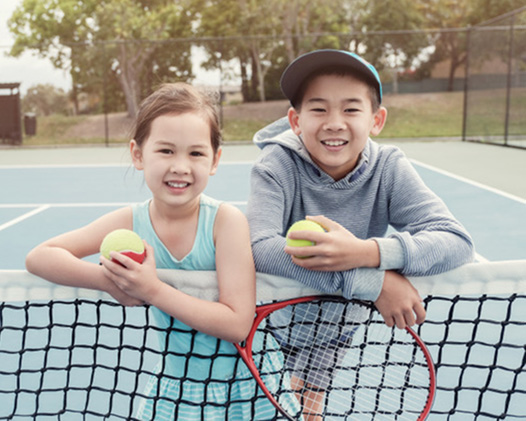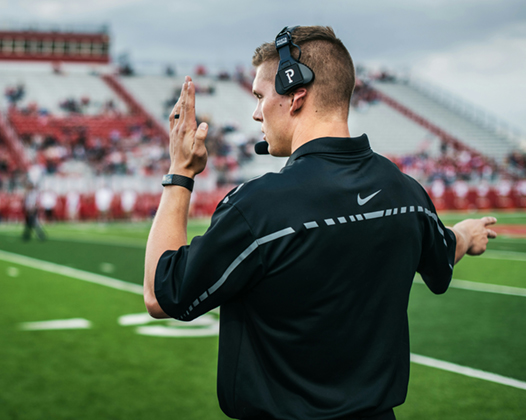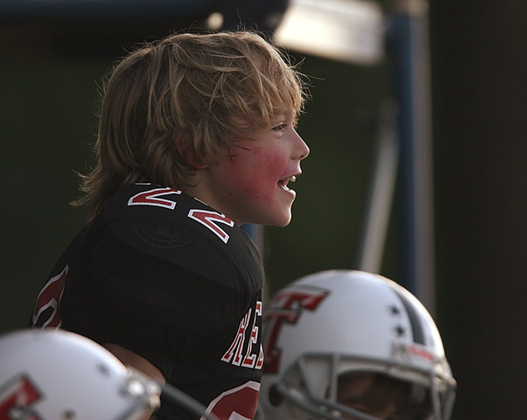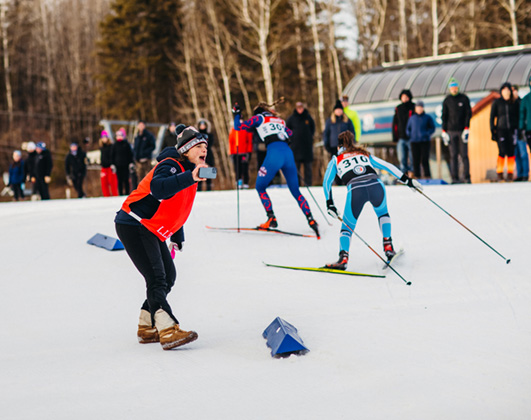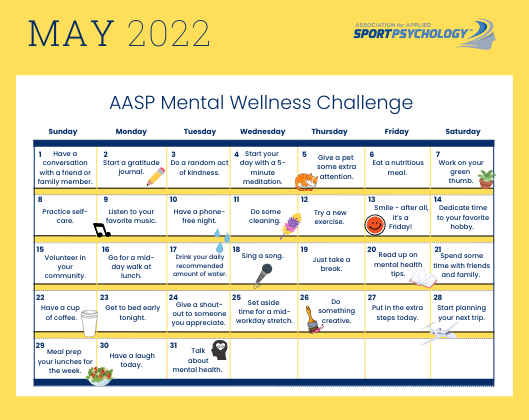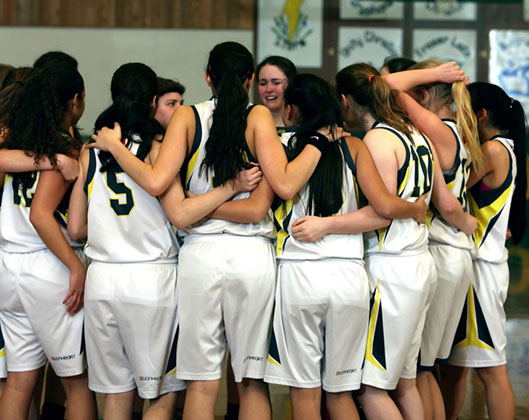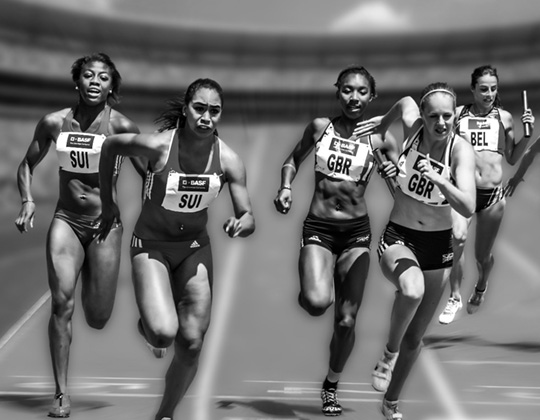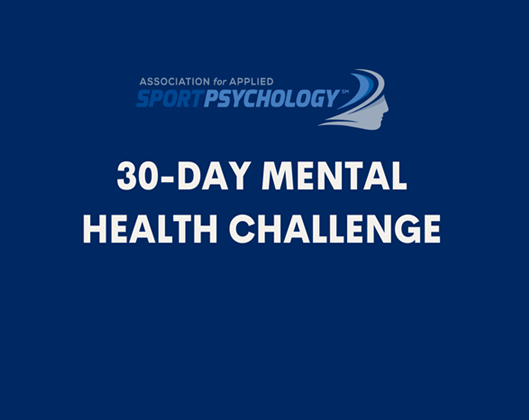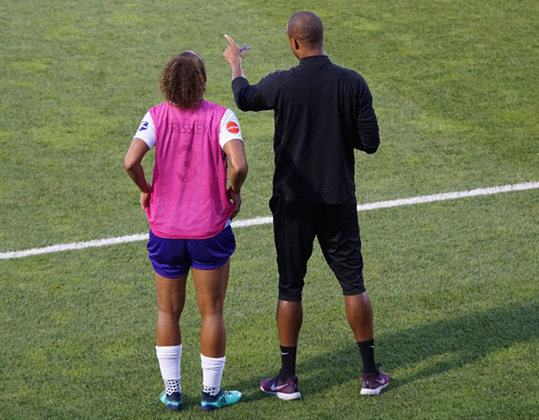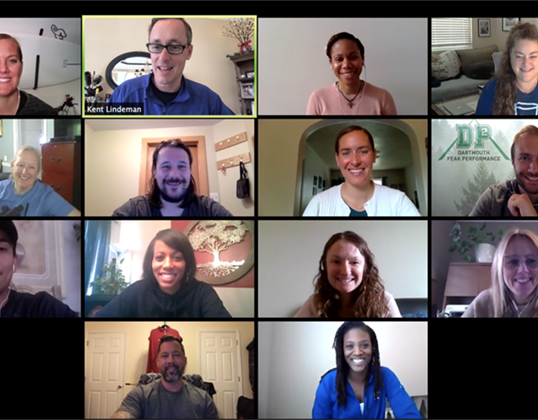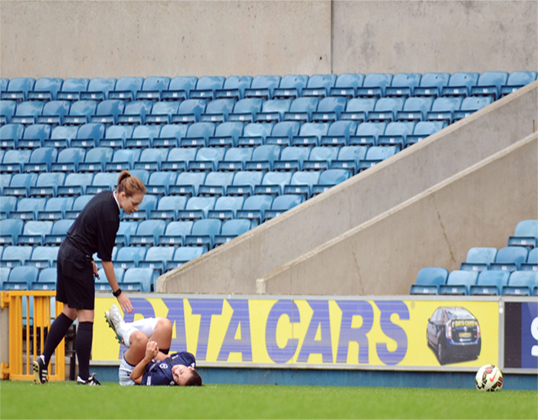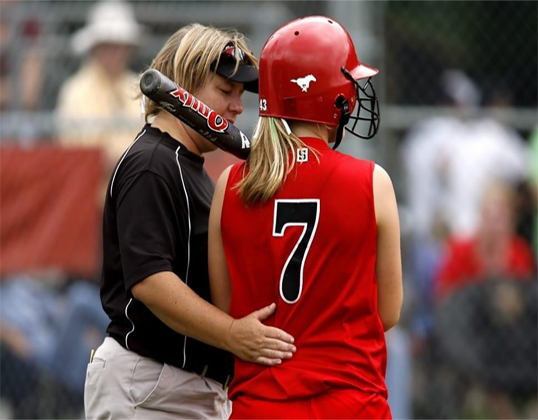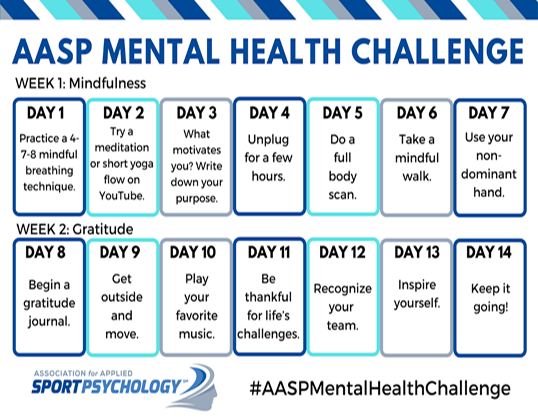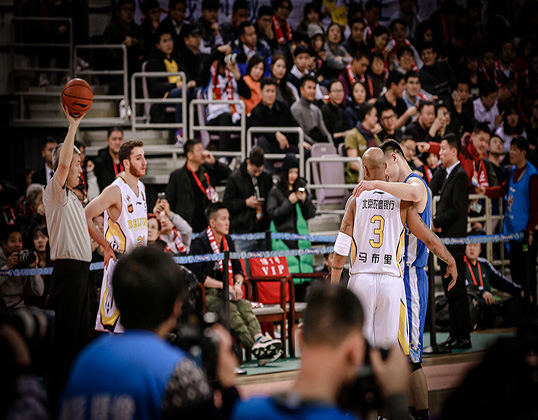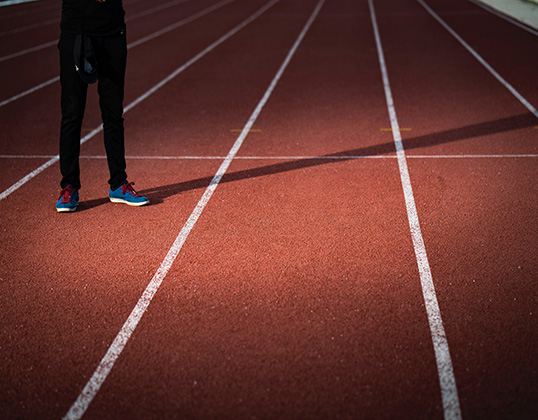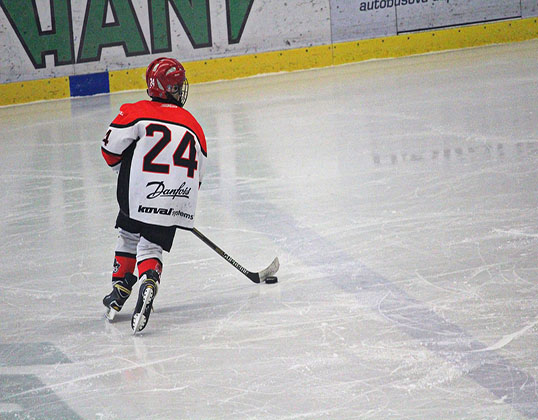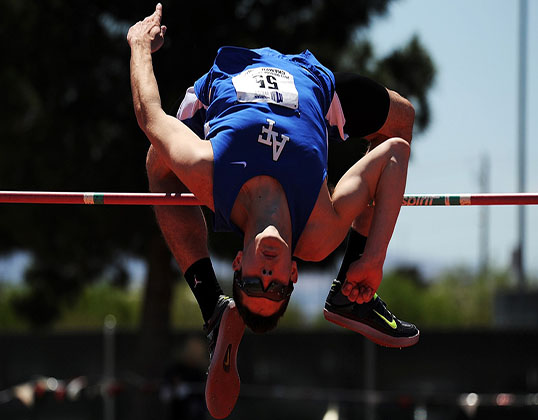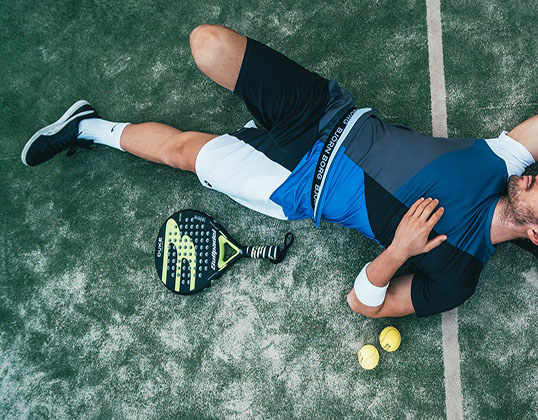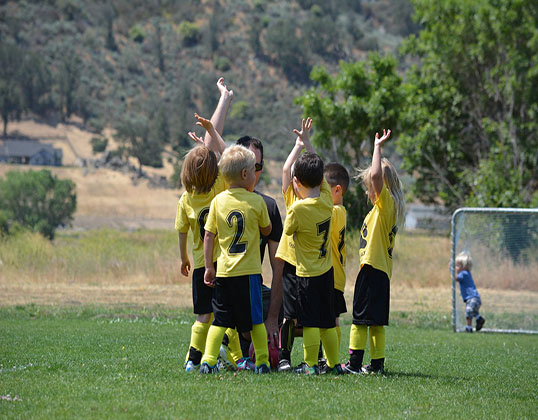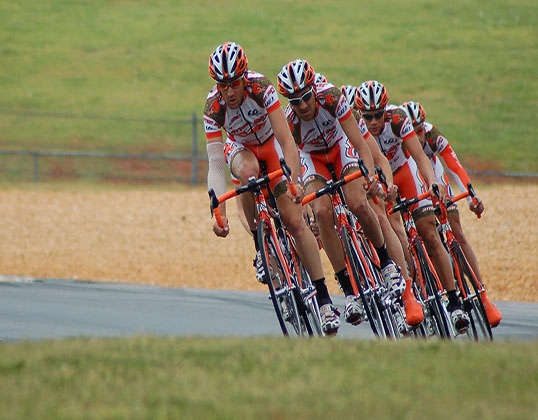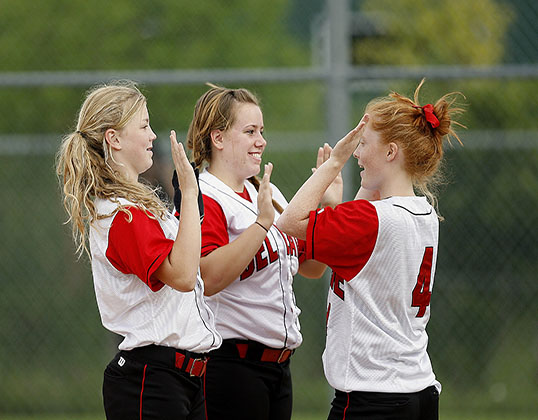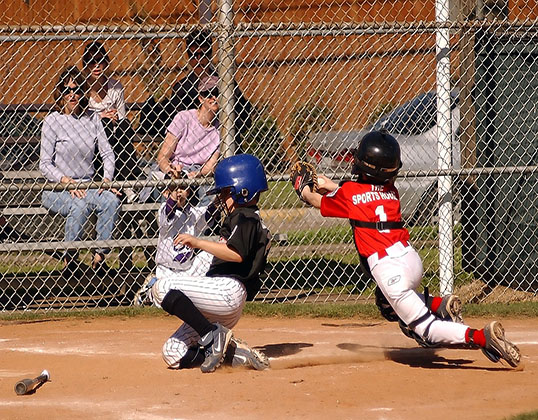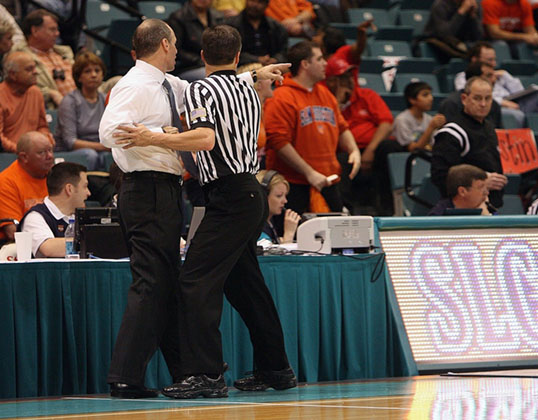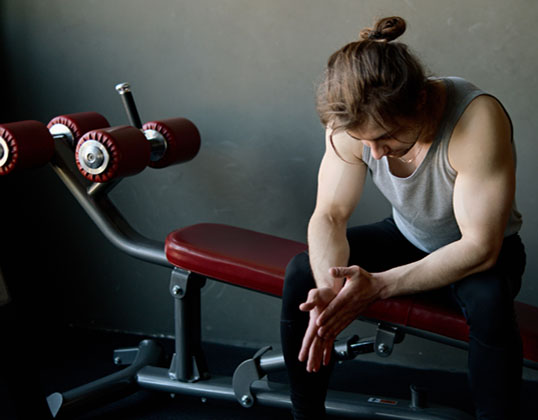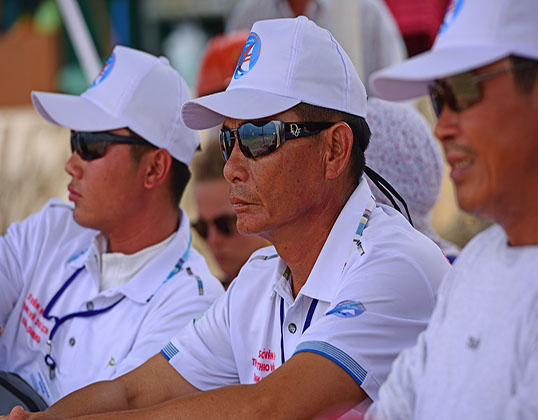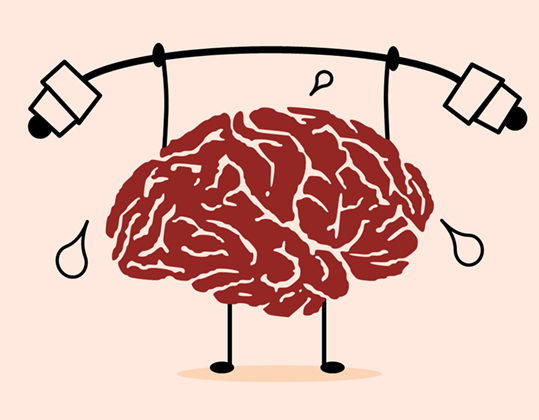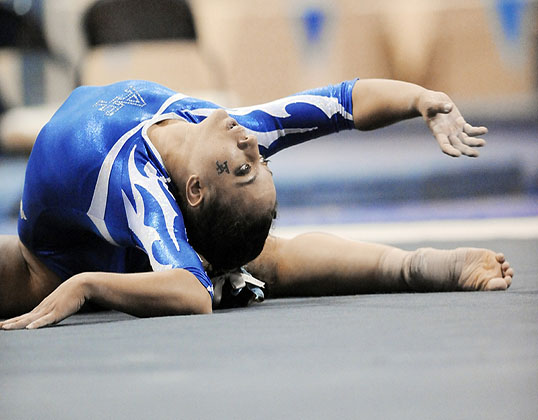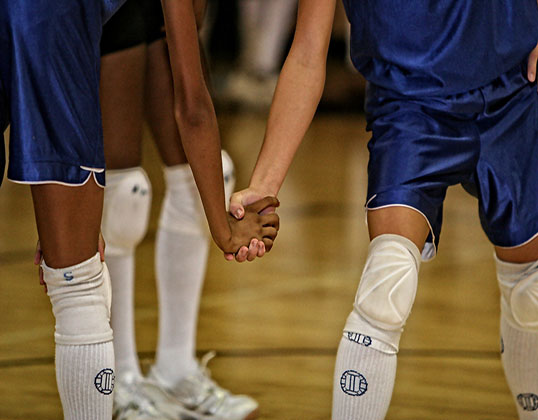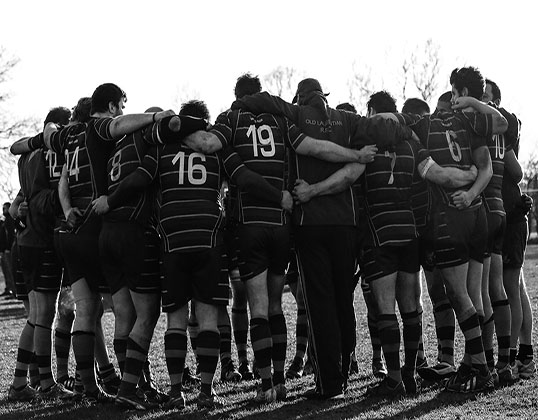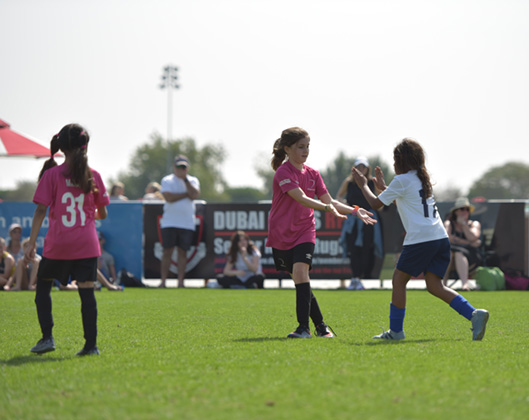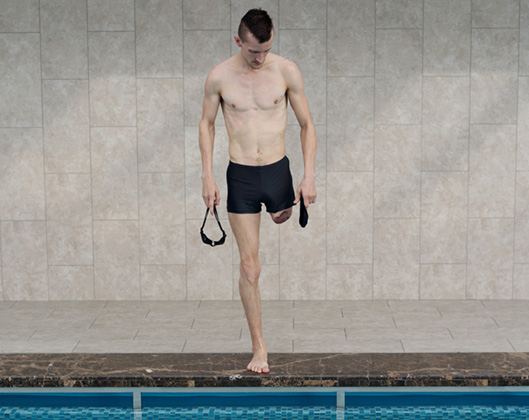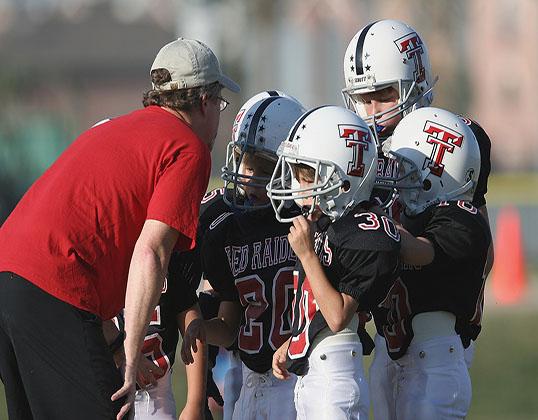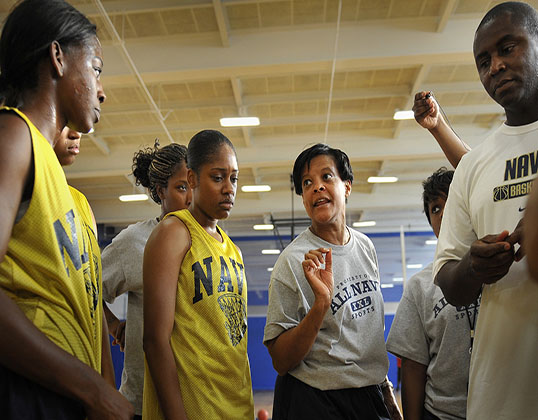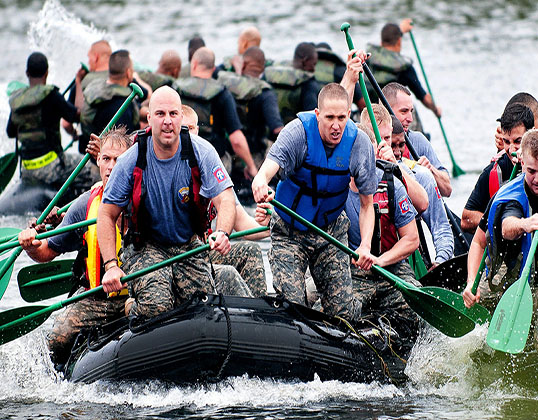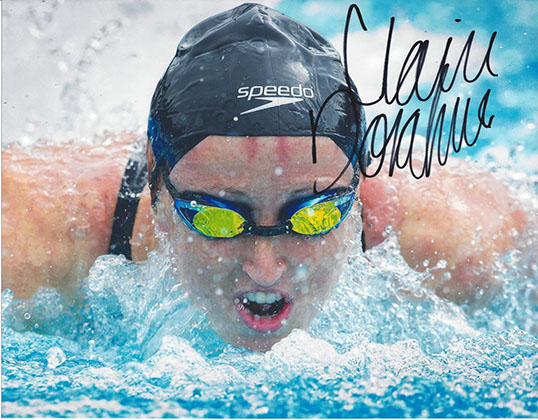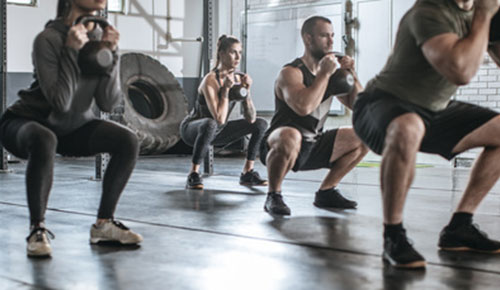AASP Blog for Athletes, Coaches, and Parents
Category: Coaches
Play Hard, Be a Good Sport, Have Fun: Coaching Strategies to Keep Kids in Sports
By
Published
Can youth sports be both competitive and fun? Absolutely, and they should be. When coaches practice behaviors that reflect FIT tenets, fun increases. In addition, athletes’ psychological needs are fulfilled, leading to longer, sustained participation throughout the childhood and adolescent years.
Read MoreFrom Athlete-to-Coach: Going the Distance From Being the Flower to Being the Gardener
By
Published
The transition from athlete-to-coach entails exiting the known, accepting the unknown and uncertain, and finally developing the new. In this process, coach education, development, and support can be a starting point or at least a turning one.
Read MoreDeveloping Passionate Athletes: The Role of Parents and Coaches
By
Published
Parents and coaches both play an influential role in developing and maintaining passionate athletes. Therefore, parents and coaches who better understand the development of passion can shape the experiences of young athletes from a more holistic perspective.
Read MoreThe 50th Anniversary of Title IX Comes With a Catch: Fewer Women Coaches
By
Published
The world of sport has historically been a place that does not prioritize women. It wasn’t until 1972 that the United States passed Title IX which, among other things, provides girls and women with the equal opportunity to play sports.
Read MoreKeeping the Sparks Aflame: Preventing and Addressing Burnout in High School Student-Athletes
By
Published
Student-athletes continuously navigate physical, psychological, and social demands including balancing academics and athletics, while striving to meet both internal and external expectations.…
Read MoreAASP Mental Wellness Challenge
By
Published
To celebrate Mental Health Awareness Month this May, AASP invites you to prioritize yourself by completing our 31-Day Mental Wellness Challenge: a series of daily tasks to bring mental health to the…
Read MoreTwo Sides of the Same Coin: Turning Conflict Into Cohesion
By
Published
Conflict is a part of everyday life, and sports are no exception. This article outlines the different aspects of team conflict and ways sport psychology consultants can transition that conflict into cohesion.
Read MoreCoaching and Organizational Strategies to Support the Adaptation of International Athletes
By
Published
In the first post of this series, I wrote about how it is important that international athletes engage in efforts to adapt to the new culture and the receiving organizations attempt to learn about the…
Read MoreAASP 30-Day Mental Health Challenge
By
Published
To celebrate Mental Health Awareness Month this May, AASP invites you to take part in a monthlong series of daily tasks and activities to bring mental health and self-care to the forefront of your mind.
Read MoreRevisiting Growth Mindset as a Core Capacity of Sport Psychology
By
Published
A growth mindset guides our response to challenges and ability to self-reflect in the face of setbacks. Increased self-awareness and adopting a growth mindset can help athletes and performers reach their peak potential and regulate their emotions and thoughts.
Read MoreEnhancing the Well-Being of Division III Collegiate Athletes During the Pandemic: The Role of Coaches
By
Published
Student-athletes have faced canceled sports seasons, isolation from teammates and friends, transitioned to virtual learning, and encountered many unknowns regarding their academic and athletic endeavors. Coaches are in a unique position to understand student-athlete concerns and provide assistance amid COVID-19.
Read MoreRethinking the Way Coaches Implement Team Building Activities During COVID-19
By ,
Published
With COVID-19 limiting in-person team building activities, is there a way to foster team cohesion without all team members being in the same place? Now is the time to get creative and reconsider approaches to building cohesive team environments.
Read MoreMissing Time in the Competitive Arena: Managing Psychological Responses to Injury
By
Published
When an injury impacts performance or keeps a performer out of training and competition for a significant period of time, it is important to implement strategies and attitudes to positively and productively navigate the time away.
Read MoreUsing Coaching Knowledge to Improve Support for Injured Athletes
By
Published
Many coaches already have the skills needed to positively impact their athletes’ recovery, but some may struggle or not know where to turn for assistance. Read AASP's effective coaching tips to help support injured athletes and improve outcomes.
Read MoreAASP Mental Health Awareness Month Challenge
By
Published
In honor of Mental Health Awareness Month and as many seek support during the COVID-19 pandemic, join AASP for a two-week Mental Health Challenge!
Read MoreThe COVID-19 Pandemic: Tips for Athletes, Coaches, Parents, and the Sport Community
By
Published
Everyone in the sport community is feeling the impact of COVID-19. AASP wants you to remember we are all in this together, and has compiled a list of resources and tips to help keep you updated, cope with feelings of stress, and keep you safe.
Read MoreEffective Communication in Critical Sport Moments: Key Principles and Cultural Considerations for Coaches
By
Published
Effective coaches embody a combination of sport knowledge, management skills, emotional intelligence, and, perhaps most importantly, effective communication. Here are three things to consider before speaking to your team during a critical sport moment.
Read MoreA Thousand Little Cuts: Addressing Microaggressions in Sport
By ,
Published
When athletes don’t feel included and safe, they can redefine sporting environments as spaces that don’t value them, potentially impacting performance. To create a safe space, enable continued participation and enjoyment in sport, and positively impact performance, it is important for sport professionals to be knowledgeable about microaggressions.
Read MoreLife Skills Through Youth Sport: Be Their Champion
By
Published
Simply playing a sport does not guarantee kids can fully maximize the opportunity to learn life skills through sport – just as simply sitting in a classroom does not teach a child math. We must purposefully create an experience that facilitates their growth and practice of life skills, such as emotional control, work ethic, and goal setting. Read more on how to be their champion.
Read MoreEasing the Transition for Retiring Collegiate Student-Athletes
By
Published
When an athlete leaves sport, whether the exit is chosen or unpredicted, there is an adjustment in the way they define who they are. How can we help college athletes transition to the next stage of their life? Retiring from sport can be thought of like the first time on a rigorous hike. You might be nervous, but you are capable of more than you know.
Read MoreThe Role of the Coach in Elite Athletes' Pre-Performance Routines
By
Published
Explore competitive preparation through the lens of pre-performance routines (PPRs), looking specifically at PPR development, content, and consistency by showcasing information from athletes and their respective head coach. By integrating these considerations into fieldwork, coaches can help athletes experience successful PPR development and implementation, and contribute to the attainment of successful performance.
Read MoreCoaching Generation Z Athletes
By
Published
While more research is needed on generational differences in today’s athletes, early studies have provided insight into some unique characteristics of Generation Z. Coaches and support staff can benefit from this knowledge and adapt their teaching and coaching philosophies to suit today’s young athletes. Read more to learn new coaching approaches.
Read MoreFrom “Me” to “We”: Promoting Team Cohesion Among Youth Athletes
By
Published
Have you coached a high school sport program for many years? Have you volunteered to coach a youth sport team in a recreational league? Either way, team cohesion has a big impact on the success of…
Read MoreThe Science Behind Expert Teams: Insights From Sport Psychology
By
Published
Blog image credit attributed to: https://www.epicebike.com/ High-performing teams are high in cohesiveness, shared understanding, and a sense of team confidence or collective efficacy. In other words…
Read MoreManaging Emotions in Sport
By
Published
There is no construct of human psychology and functioning more prevalent in sport than emotion. Mood, emotions, and general affect can influence every movement in every sport. Consider a typical 45…
Read MoreFreaked-out Kids in Sports: Keys to Stress Reduction
By
Published
A 20-year trend in youth sports emphasizes teaching coaches how to create a healthy psychological environment for their athletes. However, there’s also an important need to educate parents, so they…
Read MoreCoaches Have Their Own Needs
By
Published
Sport psychology offers many suggestions for providing psychological services for athletes who need assistance with problems in performance, communication, time management, transitions, relationships…
Read MoreUnderstanding Student-Athlete Burnout
By
Published
There is a school of thought in American sport today that "more is better." Parents and coaches, perhaps dreaming of the spoils of athletic success, are encouraging kids at increasingly younger ages…
Read MoreEffective Strategies for Dealing with Coaching Burnout
By
Published
Coaching is one of those professions where passion for the job is a key ingredient. However, over time, the ups and downs of the season can make us question that passion. While this response is normal…
Read MoreHow to Choose a Mental Performance Consultant
By
Published
Each mental performance consultant possesses a specific set of skills that defines the scope of their competencies. Thus, when choosing a consultant, it is important for athletes, coaches/parents, and…
Read MoreDisordered Eating and the Controlling Aspects of Aesthetic Sports
By
Published
Although there are several benefits to sport participation, achievement and performance pressures can be highly stressful especially in aesthetic activities such as gymnastics, diving, cheerleading…
Read MoreDeveloping an Effective Team Culture
By
Published
One of the most important jobs as a coach is to develop and foster a team culture. This culture, or identity, is really the foundation of all effective teams. As a coach, this culture is your vision…
Read MoreReducing Anxiety in the Competitive Environment
By
Published
It is the last match of your regular season. If your team wins, they will advance to the championship game. All season the team has been improving steadily and the last few games the team has played…
Read MoreEncouraging Good Sport Conduct in Athletes
By
Published
Parents often enroll their child in a sport program to build the child’s character. Sport participation by itself, however, does not develop character in athletes. Just like any physical skill,…
Read MoreTips for Including Athletes with Disabilities
By
Published
Johnny is 13 years old and wants to join your swim team. He has been a recreational swimmer for a couple of years but never really competed. Johnny also has an above knee amputation and cannot wear…
Read MoreThe Good Coach: From Beginner to Expert
By
Published
We live in a culture of now. More and more things are available at our fingertips instantly. We often expect amazing results after just a few weeks of effort. This quest for quick upgrades is on par…
Read MoreCoaching Through Conflict: Effective Communication Strategies
By
Published
Sport is full of conflict! Whether it is on or off the playing field, effectively dealing with conflict goes a long way in determining success. Internal team conflict can have a major impact on team…
Read MoreMaking Your Team Work: How Coaches Can Transform Groups into Teams
By
Published
Whether it is on the field, in the locker room, or on the water - effective coaches need to understand the strategies to turn a group of individuals into a cohesive and successful team. Not all groups…
Read MoreNCAA Swimmer Develops Mental Skills That Carry Her Beyond Olympic Medal
By
Published
Western Kentucky University graduate Claire Donahue set many records as a swimmer for her NCAA Division I school. Today she is a member of the USA Swimming team competing internationally, as well as…
Read More


